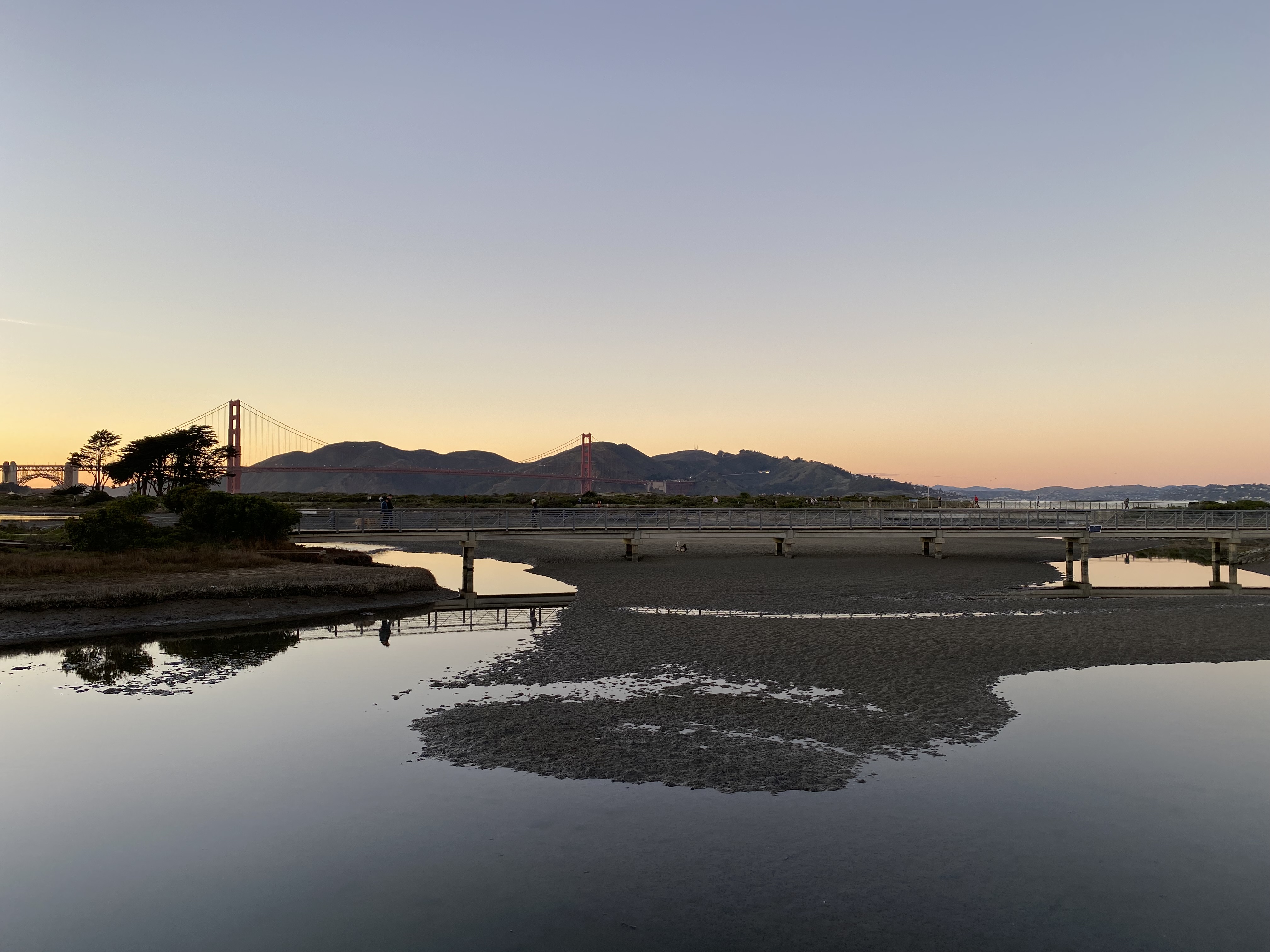The foundational idea of climate adaptation—as a societal imperative—emerged early in the discovery of global warming, spurring scientific research and intergovernmental cooperation to define the problem at a global scale. In the scientific community, adaptation was defined, broadly, as a practice of systemic adjustment to present and projected climate impacts. More recently, as cities and regions contend with escalating climate risks—and their spatial expression within the built environment—our attention has shifted toward the urban scale, implicating the domain of design. As advances in technology revolutionize our understanding of the dynamics of cities and landscapes, novel methods to contend with environmental transformation are reshaping design practice and the very idea of adaptation, itself.
